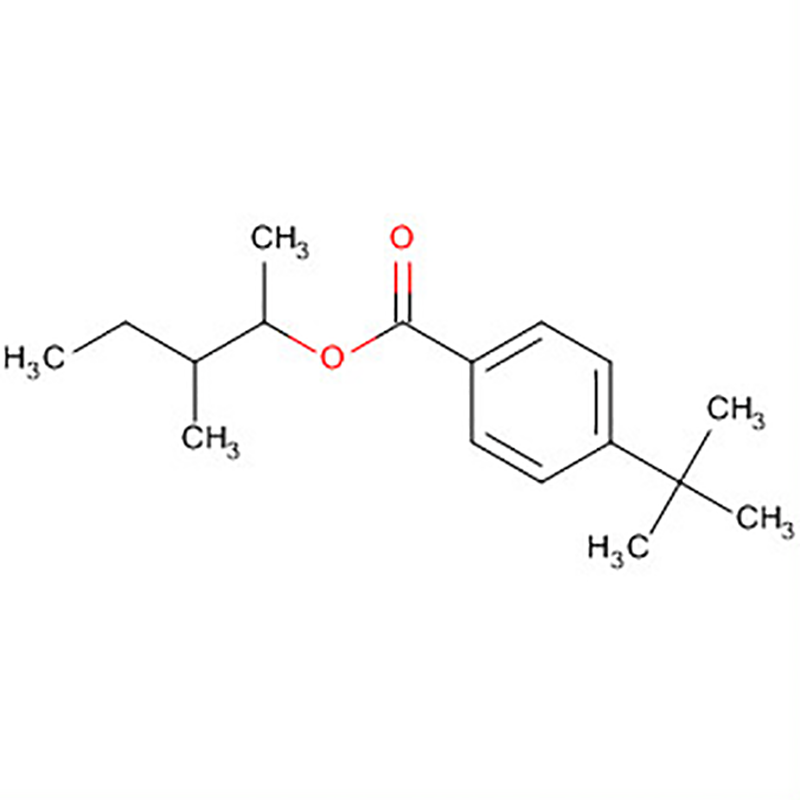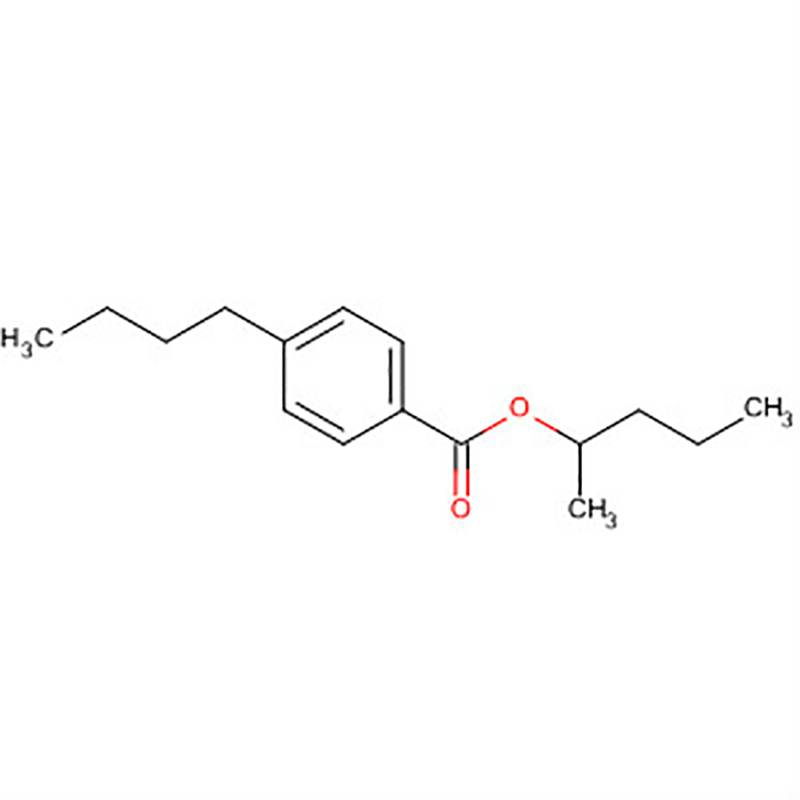-
Categories
-
Pharmaceutical Intermediates
-
Active Pharmaceutical Ingredients
-
Food Additives
- Industrial Coatings
- Agrochemicals
- Dyes and Pigments
- Surfactant
- Flavors and Fragrances
- Chemical Reagents
- Catalyst and Auxiliary
- Natural Products
- Inorganic Chemistry
-
Organic Chemistry
-
Biochemical Engineering
- Analytical Chemistry
-
Cosmetic Ingredient
- Water Treatment Chemical
-
Pharmaceutical Intermediates
Promotion
ECHEMI Mall
Wholesale
Weekly Price
Exhibition
News
-
Trade Service
[Pharmaceutical Network Market Analysis] Since the beginning of 2022, personnel changes in pharmaceutical companies have continued to occur.
There have been more than 60 resignations of executives in pharmaceutical companies, involving Huahai Pharmaceutical, China Resources Sanjiu, Buchang Pharmaceutical, and Dong E E Jiao.
, Harbin Pharmaceutical Co.
, Ltd.
and other nearly 50 listed pharmaceutical companies, and the positions involved are not lack of chairman, deputy general manager, vice president,
etc.
In terms of reasons for resignation, personal reasons accounted for half, and a total of 32 executives resigned due to personal reasons
.
From the perspective of the industry, although many pharmaceutical company announcements show that company executives resigned due to personal reasons, from the perspective of the pharmaceutical environment, many pharmaceutical executives have resigned this year or were affected by the expansion of centralized procurement
.
In January of this year, the curtain of "speeding up and expanding coverage" for centralized bulk procurement of medicines and high-value medical consumables has been opened, and it is clear that the next step is to promote the normalization and institutionalization of centralized bulk procurement, accelerate the expansion, and continue to reduce the price of medicines , benefiting patients
.
"Speeding up and expanding coverage" has also become the key word for this year's centralized procurement
.
Since 2018, China's national drug procurement has carried out six batches, covering 234 kinds of drugs, involving an amount of about 240 billion yuan
.
At the end of January, Hunan, Ningxia, Shanxi, etc.
issued the "Notice on Submitting the Purchase Data Related to the Scope of the Seventh Batch of Nationally Organized Centralized Purchase of Drugs", requiring medical institutions to start reporting volumes on January 26, and at 24:24 on February 16: Submit data before 00
.
The notice shows that the seventh batch of centralized procurement involves 59 varieties and 208 product specifications, covering diseases such as antibiotics, tumors, diabetes, and nervous system
.
Then on February 17, Shanghai Sunshine Pharmaceutical Purchasing Network issued a notice saying that starting from February 18, 2022, the Joint Purchasing Office will carry out the seventh batch of drug information reporting work related to centralized drug procurement organized by the state
.
This also means that the seventh batch of national mining is already on the horizon
.
On February 11, the National Medical Insurance Bureau clarified that the centralized procurement will continue to expand on the basis of normalization and institutionalization
.
In the future, medicines will be developed in three major sectors: chemical medicines, proprietary Chinese medicines and biological medicines.
High-value medical consumables will focus on orthopedic consumables, drug balloons, dental implants and other varieties.
By the end of 2022, they will be purchased through national organizations and provincial alliances.
To achieve an average coverage of more than 350 varieties of drugs in each province, and more than 5 varieties of high-value medical consumables
.
This also releases a big signal: In the field of medicines, not only chemical medicines and biological medicines, but also Chinese patent medicines will become nationally-acquired varieties in the future
.
In the field of consumables, dental implants and other highly concerned varieties in the industry will also enter the centralized procurement, and the price is expected to be reduced
.
Judging from the above information, pharmaceutical companies may generally face the market environment of large-scale price reduction in centralized procurement in the future.
The impact, industry prospects, corporate performance,
etc.
For example, on February 18, the senior management of China Resources Sanjiu changed, and the company announced that it had received reports of the resignation of two directors.
Earlier this year, the company's chairman, president, and vice president of China Resources Sanjiu also has changed
.
The analysis believes that behind the frequent changes of executives is the new challenges the company faces from external policies and the market environment
.
These challenges have put significant pressure on the company's performance
.
Financial data shows that from 2018 to 2020, China Resources Sanjiu's revenue growth rate was 20.
75%, 9.
49% and -7.
82% respectively
.
Disclaimer: Under no circumstances does the information or opinions expressed in this article constitute investment advice to anyone
.
There have been more than 60 resignations of executives in pharmaceutical companies, involving Huahai Pharmaceutical, China Resources Sanjiu, Buchang Pharmaceutical, and Dong E E Jiao.
, Harbin Pharmaceutical Co.
, Ltd.
and other nearly 50 listed pharmaceutical companies, and the positions involved are not lack of chairman, deputy general manager, vice president,
etc.
In terms of reasons for resignation, personal reasons accounted for half, and a total of 32 executives resigned due to personal reasons
.
From the perspective of the industry, although many pharmaceutical company announcements show that company executives resigned due to personal reasons, from the perspective of the pharmaceutical environment, many pharmaceutical executives have resigned this year or were affected by the expansion of centralized procurement
.
In January of this year, the curtain of "speeding up and expanding coverage" for centralized bulk procurement of medicines and high-value medical consumables has been opened, and it is clear that the next step is to promote the normalization and institutionalization of centralized bulk procurement, accelerate the expansion, and continue to reduce the price of medicines , benefiting patients
.
"Speeding up and expanding coverage" has also become the key word for this year's centralized procurement
.
Since 2018, China's national drug procurement has carried out six batches, covering 234 kinds of drugs, involving an amount of about 240 billion yuan
.
At the end of January, Hunan, Ningxia, Shanxi, etc.
issued the "Notice on Submitting the Purchase Data Related to the Scope of the Seventh Batch of Nationally Organized Centralized Purchase of Drugs", requiring medical institutions to start reporting volumes on January 26, and at 24:24 on February 16: Submit data before 00
.
The notice shows that the seventh batch of centralized procurement involves 59 varieties and 208 product specifications, covering diseases such as antibiotics, tumors, diabetes, and nervous system
.
Then on February 17, Shanghai Sunshine Pharmaceutical Purchasing Network issued a notice saying that starting from February 18, 2022, the Joint Purchasing Office will carry out the seventh batch of drug information reporting work related to centralized drug procurement organized by the state
.
This also means that the seventh batch of national mining is already on the horizon
.
On February 11, the National Medical Insurance Bureau clarified that the centralized procurement will continue to expand on the basis of normalization and institutionalization
.
In the future, medicines will be developed in three major sectors: chemical medicines, proprietary Chinese medicines and biological medicines.
High-value medical consumables will focus on orthopedic consumables, drug balloons, dental implants and other varieties.
By the end of 2022, they will be purchased through national organizations and provincial alliances.
To achieve an average coverage of more than 350 varieties of drugs in each province, and more than 5 varieties of high-value medical consumables
.
This also releases a big signal: In the field of medicines, not only chemical medicines and biological medicines, but also Chinese patent medicines will become nationally-acquired varieties in the future
.
In the field of consumables, dental implants and other highly concerned varieties in the industry will also enter the centralized procurement, and the price is expected to be reduced
.
Judging from the above information, pharmaceutical companies may generally face the market environment of large-scale price reduction in centralized procurement in the future.
The impact, industry prospects, corporate performance,
etc.
For example, on February 18, the senior management of China Resources Sanjiu changed, and the company announced that it had received reports of the resignation of two directors.
Earlier this year, the company's chairman, president, and vice president of China Resources Sanjiu also has changed
.
The analysis believes that behind the frequent changes of executives is the new challenges the company faces from external policies and the market environment
.
These challenges have put significant pressure on the company's performance
.
Financial data shows that from 2018 to 2020, China Resources Sanjiu's revenue growth rate was 20.
75%, 9.
49% and -7.
82% respectively
.
Disclaimer: Under no circumstances does the information or opinions expressed in this article constitute investment advice to anyone
.







